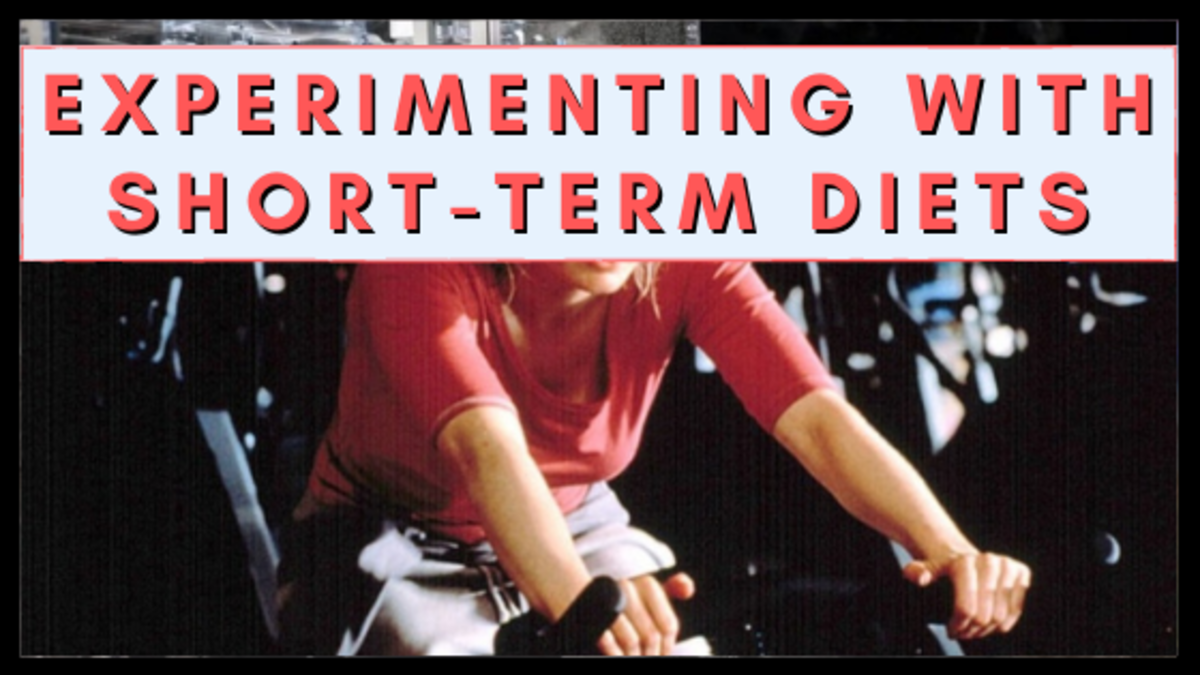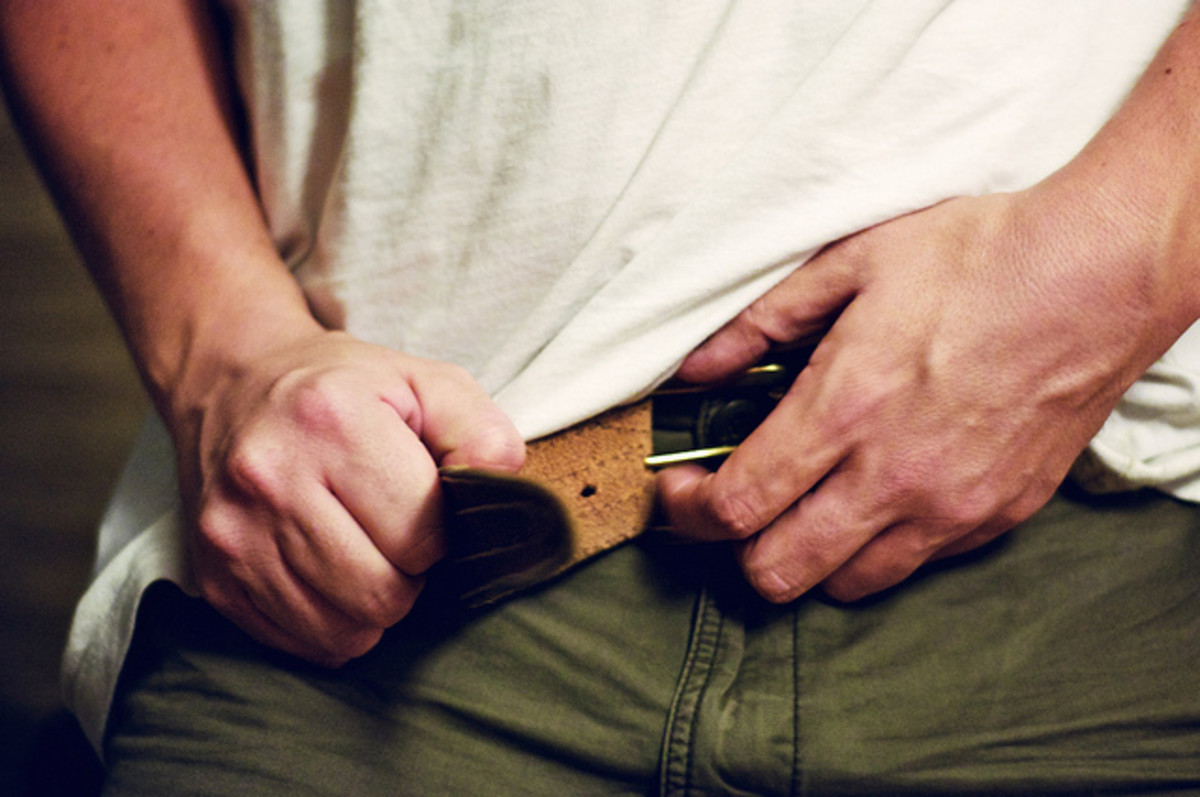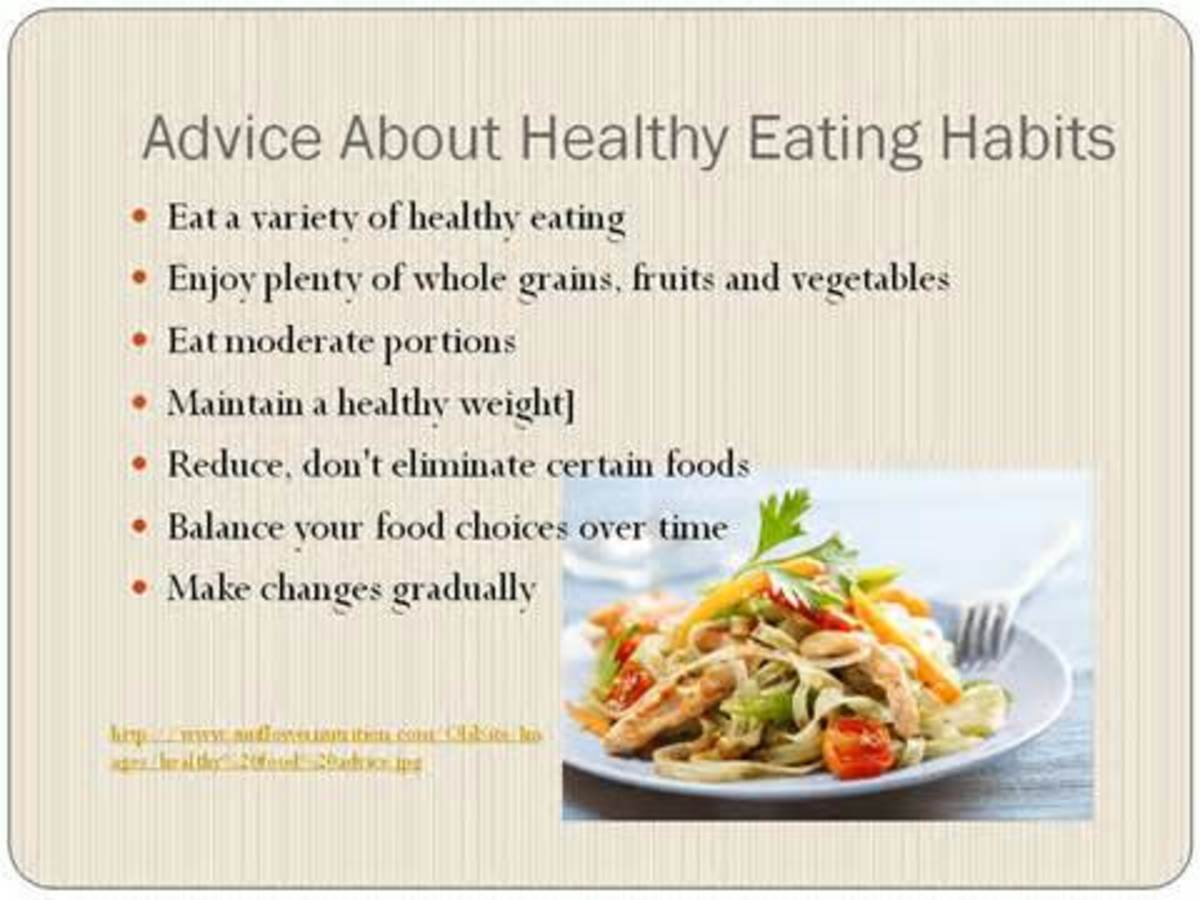How to Diet & Exercise with Obesity
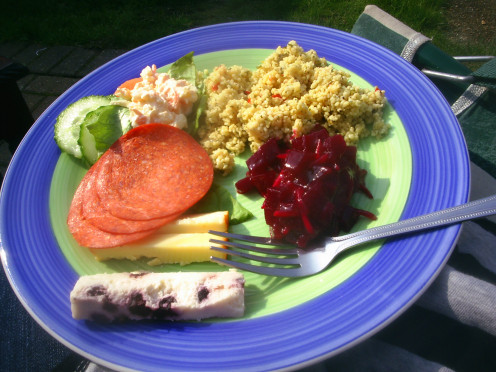
Are You Overweight?
An obese person is someone who is overweight and has a BMI of more than 30. Your BMI (Body Mass Index) is a measurement of you height and weight, calculated to indicate your size.
It is important to keep at a healthy weight as losing or gaining too much can result in health problems. For someone with obesity these could include type 2 diabetes, high blood pressure, heart conditions, high cholesterol or arthritis.
Being very overweight can effect quality of life as everyday tasks could be made hard. Walking to the shops or to the school can be almost impossible due to being short of breath, exhausted or finding it hard to physically move far.
This in turn makes playing with your children or simply getting out and about a miserable mission.
Making a Safe Decision
Being grossly overweight comes with complications, and making the decision to slim down is one of them. Before thinking about a change of diet or starting up an exercise regime, advice from the doctor is a must.
There may be underlying health problems which mean some types of exercise could do more damage than good, and crash dieting to lose a drastic amount of weight quickly may be a shock to the system. Losing too much weight at once means losing muscle as well as fat and for health benefits it is best to take it slowly.
Reasons for becoming overweight
We can put on weight if we consume more fat and calories (energy) than we burn off. The general recommended number of calories for an adult is 1940 calories a day for women, and 2550 a day for men. In order to lose weight we should eat fewer calories. For example, to lose 1lb in a week it should be 500 calories less.
If we exercise we burn off energy and fat, so a sensible meal plan should be in place. Exercising on very few calories will cause exhaustion and we'd lose too much weight at once.
Some fats are essential in our diet such as unsaturated fat. This is the good fat found in fish, nuts and seeds and is good for our eyes, joints and skin.
Saturated fat is the bad fat hidden away in cakes, biscuits, butter and cheese. If too much of this is consumed, excess weight will go on, there is a risk of high cholesterol and fat can be stored around the heart, clogging arteries. This in turn will create serious health problems, risking heart disease or a heart attack.

Losing Weight Slowly
It's not about going on a diet but about a change in lifestyle. To be successful in weight loss fads and wacky diets are a no no, especially in obese people.
The safest way is to look at the foods you are eating and how to alter them to make them better for us.
When we have been stuck in the same routine over time it can be hard to alter it, but simple changes can make the world of difference. Some examples may be:
- Stop frying your food and use the grill or oven instead.
- Cut out sugar in tea and coffee. If you want it sweet, swap for honey or sweetener.
- Buy low sugar drinks.
- Buy half fat cheese or swap for cottage cheese which is virtually fat free.
- Change from whole milk to semi or skimmed. For a non dairy option, try unsweetened soya milk.
- Buy wholemeal versions to your normal white pasta, rice and bread. They have slower releasing carbohydrates.
- Add salad or extra vegetables to your meals. This will make you meals appear bigger whilst being healthy.
- Snack on fat free rice cakes, bread sticks and carrot sticks.
- Stop buying takeaways. Cook your food from scratch as it's healthier and cheaper. You know what is going into it.
- Swap fries for chunky cut potatoes oven cooked in paprika.
- Take your own lunch to work rather than buying unhealthy food.
- Get out of snacking on biscuits. Take raisins or oatcakes to the office.
- Cut out the alcohol. Limit yourself at weekends and avoid it through the week.
- Chew your food slowly. You will have that full feeling sooner which will stop you eating more.
- Cut out desserts. If you have to have a sweet, try a low fat ice lolly or low fat yogurt. But watch your sugar intake.
- Drink water. Keep your fluid intake up to flush out your system and to fool your body into thinking it's full.
- Check nutrition labels for fat and calories when you shop.
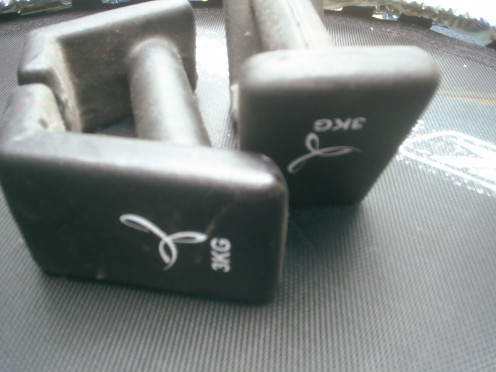
Make a Plan
Plan your meals ahead so you know where you are. This will stop you from grabbing any old thing when you get hungry.
Have a wall planner divided into days and weeks and design a four week menu. You can change it after a couple of months if you want new things.
Make sure you plan for breakfast, lunch and dinner and allow for healthy snacks. If you tend to snack mid morning and in the evening, then limit them to that time. Just make sure you have the right amount of calories in your day and don't skip meals.
To calculate the amount of fat and calories you should have to suit you personally, your doctor will refer you to a dietitian for support. He or she will advise you on how much to have week by week as you start to lose weight.
Introduce Some Exercise
This is the hardest part for someone who struggles to get around. It can be quite uncomfortable and the thought of exercise can be daunting.
Exercise however doesn't necessarily mean you have to join the gym or start training for a marathon. It can be small changes done in your own home. Even while you are watching TV.
Try Some of These:
- Try marching on the spot, lifting each leg and arm, or simply do arm and leg raises whilst you are in your chair.
- Sit opposite a family member in the room and throw a soft ball or balloon at them. Get them to catch it and pass it back to you.
- Bowls is a good form of exercise for those who need to take it steady. Set it up in you garden or go along to a club with friends or family.
- Try doing a little walking. Go round the block or to the shop and back. It is simple yet really good for you.
- Use some light hand held weights and lift and lower a few times a day.
- Swimming is great exercise for using the muscles and the water supports your weight. Try going to your local swimming pool once or twice a week. Go with a friend for morale support or go when it is quiet in the evening if you lack confidence.
As you become fitter and you begin to lose some weight, you will be able to do more. Remember to do the kinds of exercise recommended by your doctor.
There are support groups and counselling sessions you can join to discuss you progress, or talk through the bad days. Take advantage of all the help offered in your area.
Remember that this is your new way of life and keep thinking about the positive things which will be achieved.





